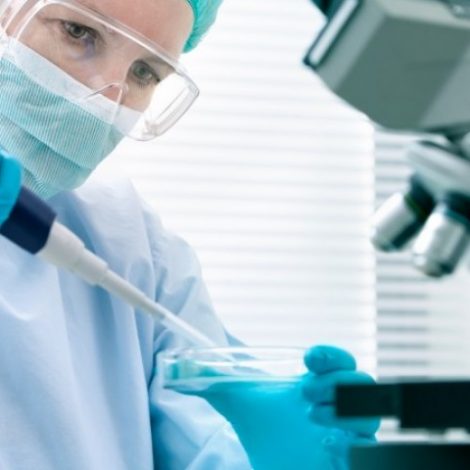Amicus Therapeutics and UPenn Expand Gene Therapy Partnership to Lysosomal Disorders

Amicus Therapeutics and the Perelman School of Medicine at the University of Pennsylvania have enhanced their gene therapy collaboration to pursue treatments for lysosomal disorders such as Sanfilippo syndrome.
The partnership has been expanded to include a next-generation program in Sanfilippo type A and B. It also will include Pompe and Fabry diseases, CDKL5 deficiency disorder (CDD), and Niemann-Pick disease type C (NPC).
The five-year, $50 million discovery research pact gives Amicus exclusive rights to team with the university’s Gene Therapy Program to develop prospectively disruptive novel gene therapy platform technologies and programs for most lysosomal disorders and a dozen additional rare diseases.
“The extension of our collaboration with Penn is a bold step forward in our commitment to create potential cures that may alleviate an enormous amount of suffering for countless numbers of people in the world living with rare diseases, many of the children,” John F. Crowley, Amicus chairman and CEO, said in a press release.
“Together with Penn we are now able to focus on additional lysosomal disorders, as well as several more prevalent rare diseases for which we can apply our understanding of underlying disease biology in rare metabolic disease, Amicus’ protein engineering and development expertise, and the world-renowned capabilities of Dr. Jim Wilson’s laboratory to develop novel gene therapy candidates.”
Wilson is director of the university’s gene therapy program, professor of medicine and pediatrics at the Perelman School of Medicine, and director of the school’s Orphan Disease Center.
In hopes of developing innovative gene therapies, the research engine combines Amicus’ expertise in protein engineering and glycobiology (biology of sugars) with the gene transfer vector technology, manufacturing, and immunology capabilities of the University of Pennsylvania’s Gene Therapy Program.
Penn’s gene transfer vectors (carriers), based on adeno-associated virus (AAV), are designed to improve gene delivery, maintain safety, and avoid immune responses. Meanwhile, Amicus’ protein engineering expertise can optimize protein production, release, and uptake of the missing protein by the producing and neighboring cells, a mechanism known as cross-correction.
“This agreement is a significant step forward in creating a world-class industry-academia gene therapy partnership in rare diseases,” Wilson said. “I believe that we can further expand and accelerate our efforts to rapidly develop gene therapies for many more patients with unmet needs.”
An initial collaboration between Amicus and the university focused on developing new gene therapies for Pompe, Fabry, CDD and an undisclosed disorder. Now the partnership will expand to include mucopolysaccharidosis type III (MPS III).
Terms of the agreement include a $10 million annual investment from Amicus, each year for five years, into GTP’s discovery research program with the ability to extend.
Earlier this year, Amicus launched a new 75,000-square-foot Global Research and Gene Therapy Center in Philadelphia.






